



Disaster Assistance

Public Assistance
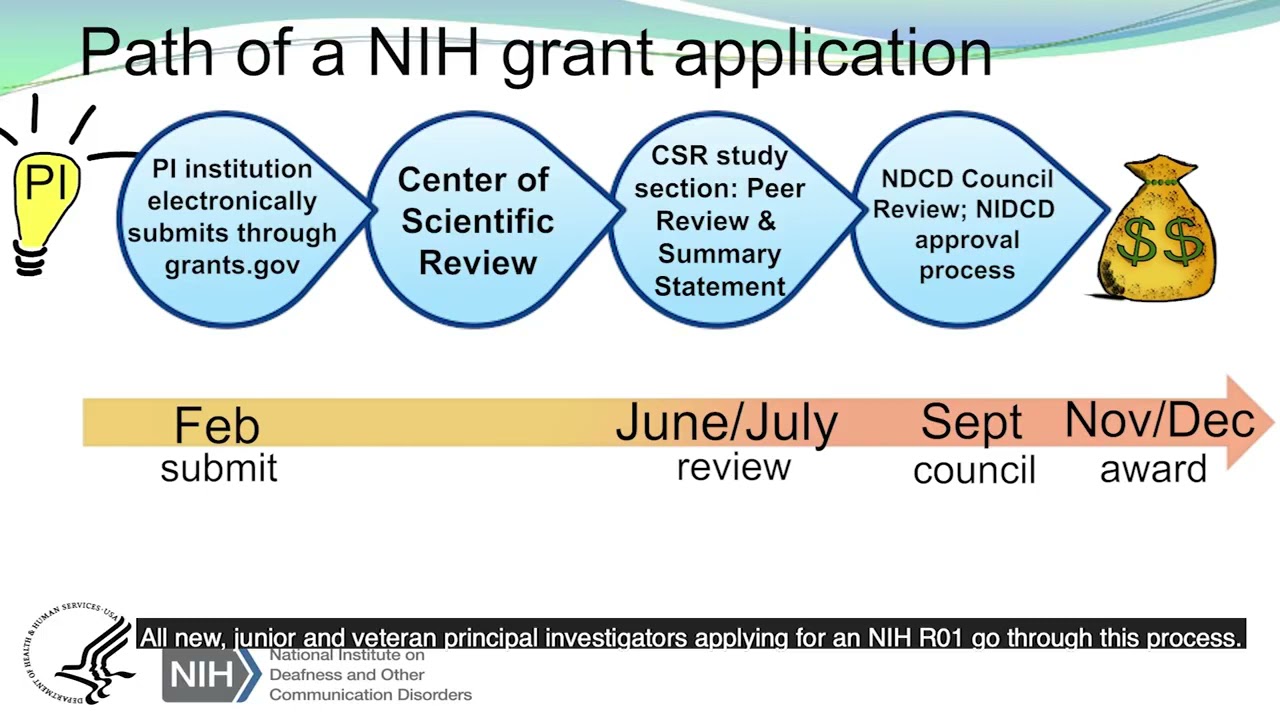
Mission Assignments
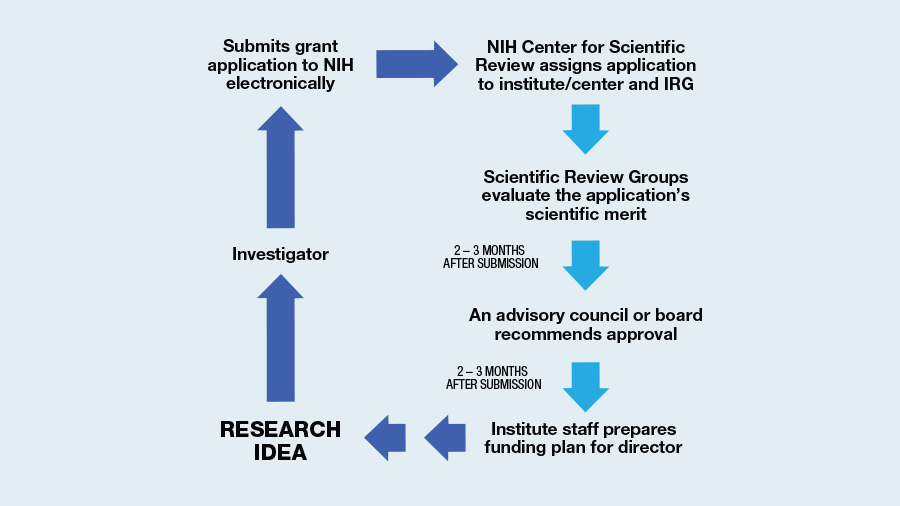
Training and Resources


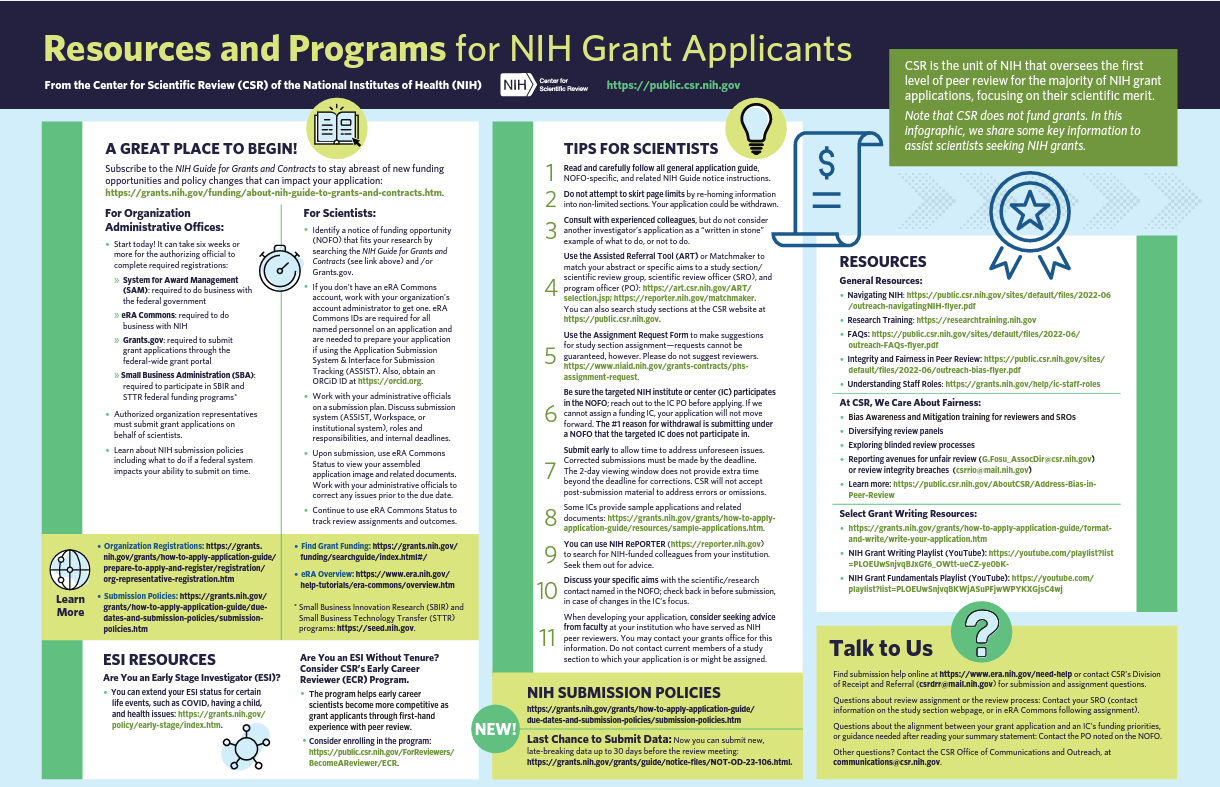

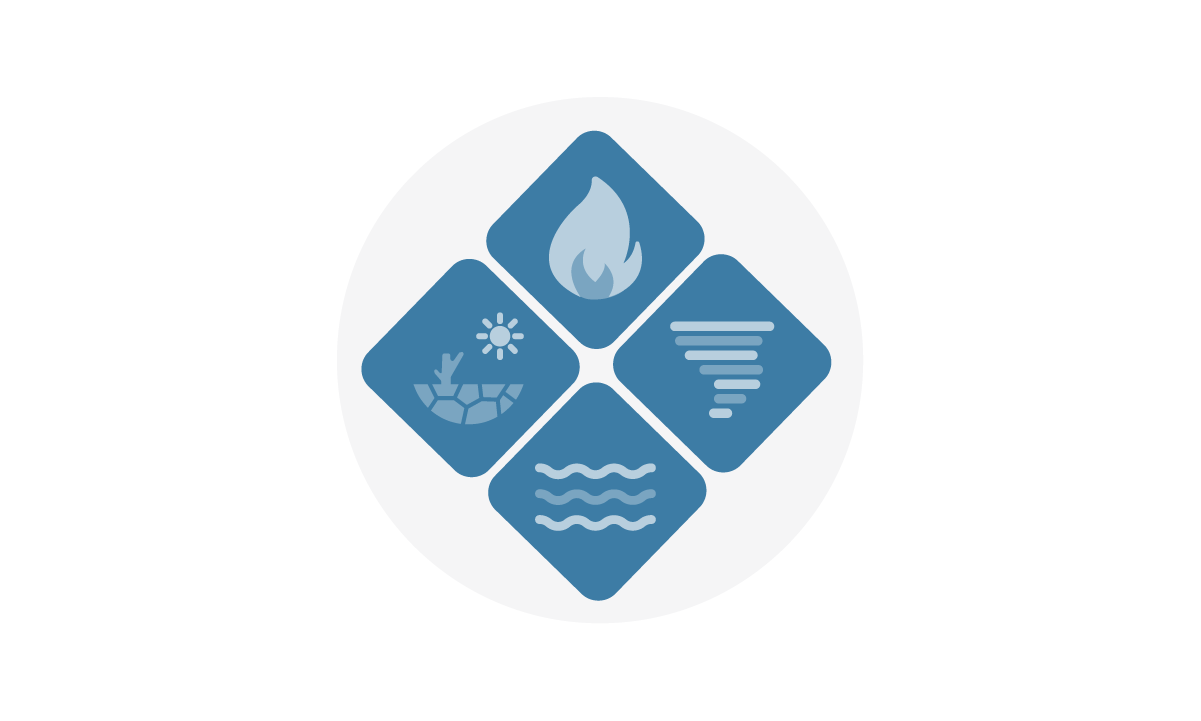
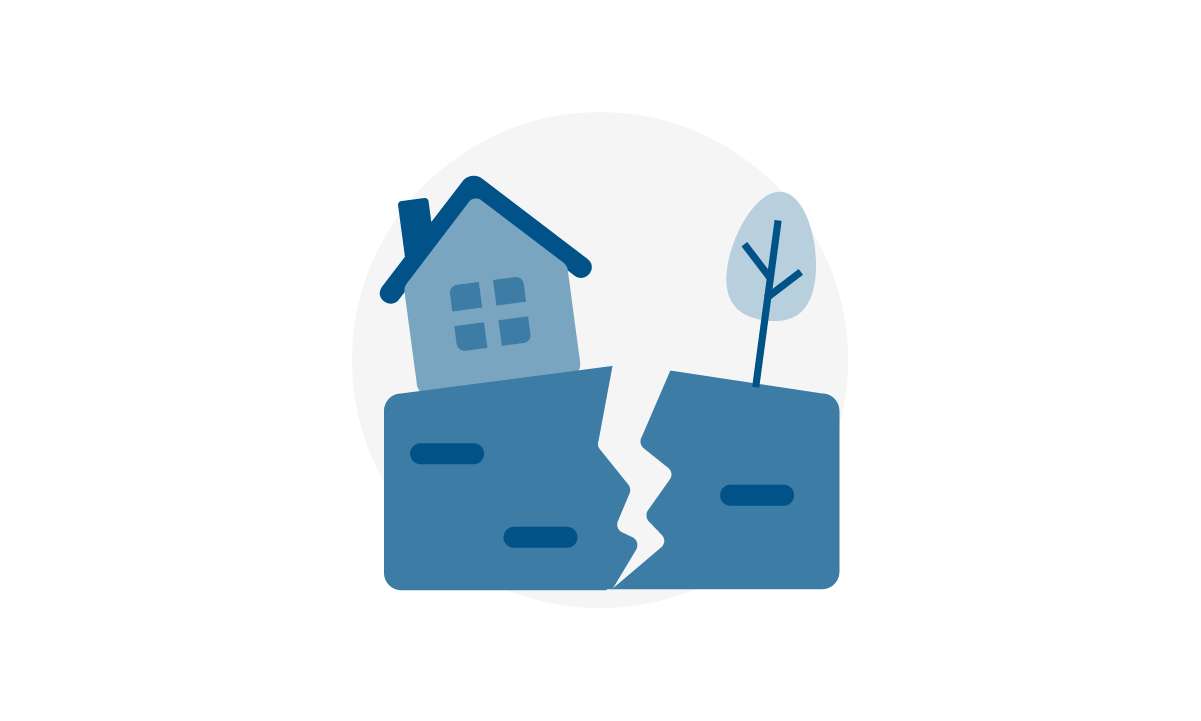

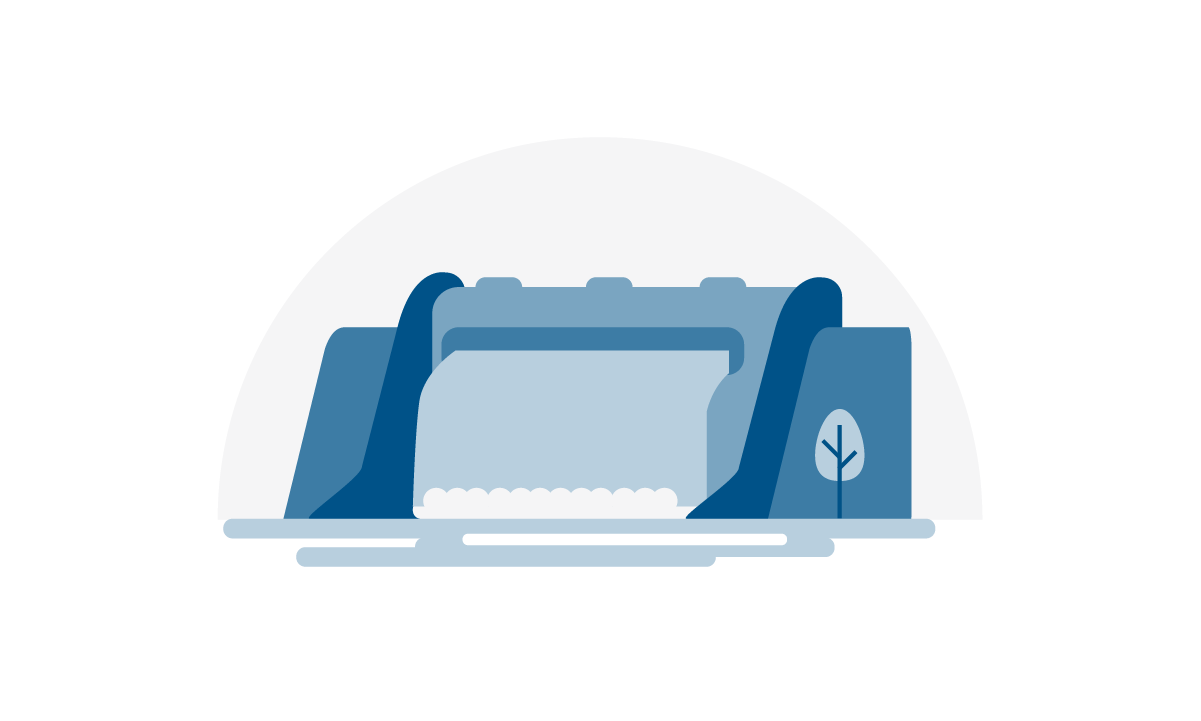
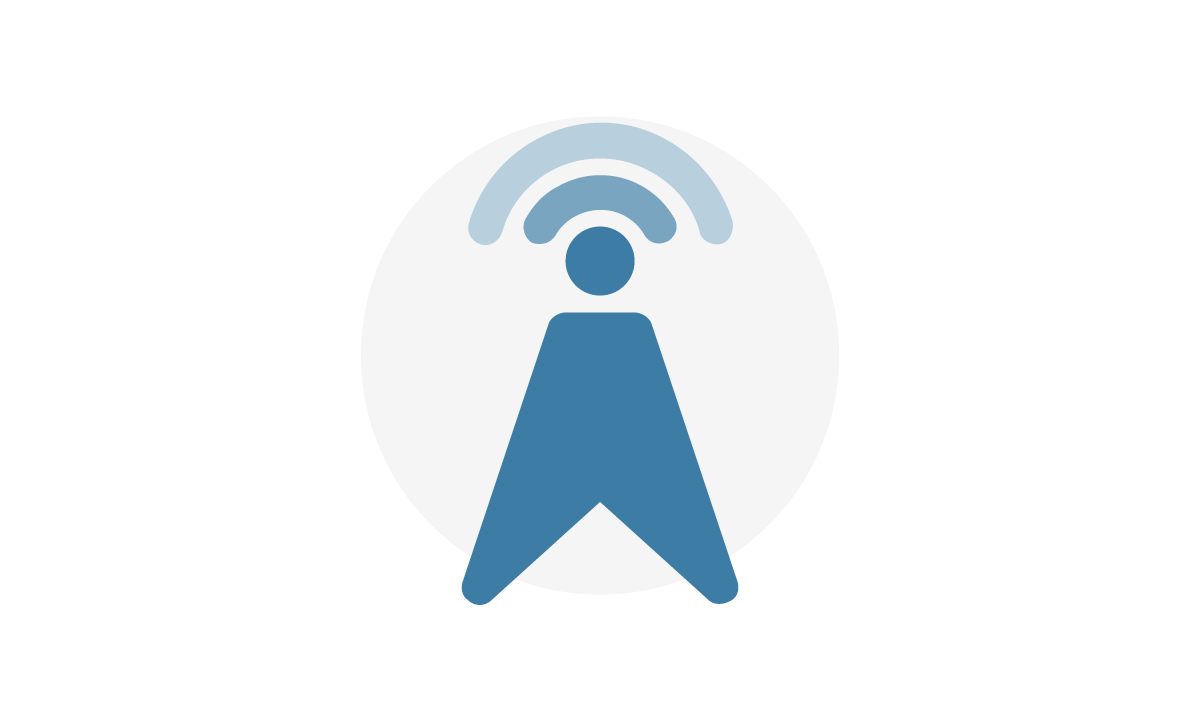
NIH provides financial and direct assistance to eligible individuals and households through the Individuals and Households Program (IHP). This includes help with housing, personal property, and other disaster-related needs.
NIH also provides assistance to state, tribal, territorial, and local governments, as well as certain private non-profits, to help them respond to and recover from major disasters. This can include funding for debris removal, emergency protective measures, and infrastructure restoration.
NIH may issue mission assignments to other federal agencies to provide support during disaster response and recovery efforts.
NIH offers various training programs and resources for emergency management professionals and the general public, including the Independent Study (IS) Program.
NIH also focuses on building a nation that is prepared to respond to all hazards, including natural disasters and other emergencies.
You can register for assistance on the NIH website or by calling the toll-free application number.
NIH will review your application and may request additional information or an inspection to verify damage.
NIH staff and inspectors may contact you to discuss your application and any required information.
OpenNIH is a self-service repository of NIH data in machine-readable format.
NIH encourages working with local businesses during disaster recovery efforts and provides information on how to do business with the agency.
NIH employs a temporary, on-call workforce of reservists to deploy to disaster zones.
The National Institutes of Health (NIH) provides support to individuals and communities impacted by disasters in the United States.

NIH relies on dedicated teams and personnel to respond to and manage disaster situations.
Disaster Survivor Assistance (DSA) teams are often the "boots on the ground," providing in-person support and information to survivors at disaster recovery centers and other locations, helping with applications, answering questions, and making referrals to relevant programs.
Other teams within NIH include:
NIH's Individuals and Households Program (IHP) provides financial assistance and direct services to eligible individuals and households who have uninsured or underinsured necessary expenses and serious needs resulting from a disaster.
Types of assistance include:
FEMA partners with the U.S. Treasury to provide eligible survivors with various digital payment options, including:
You can apply online here or by calling the NIH Helpline at 1-956-801-9496.